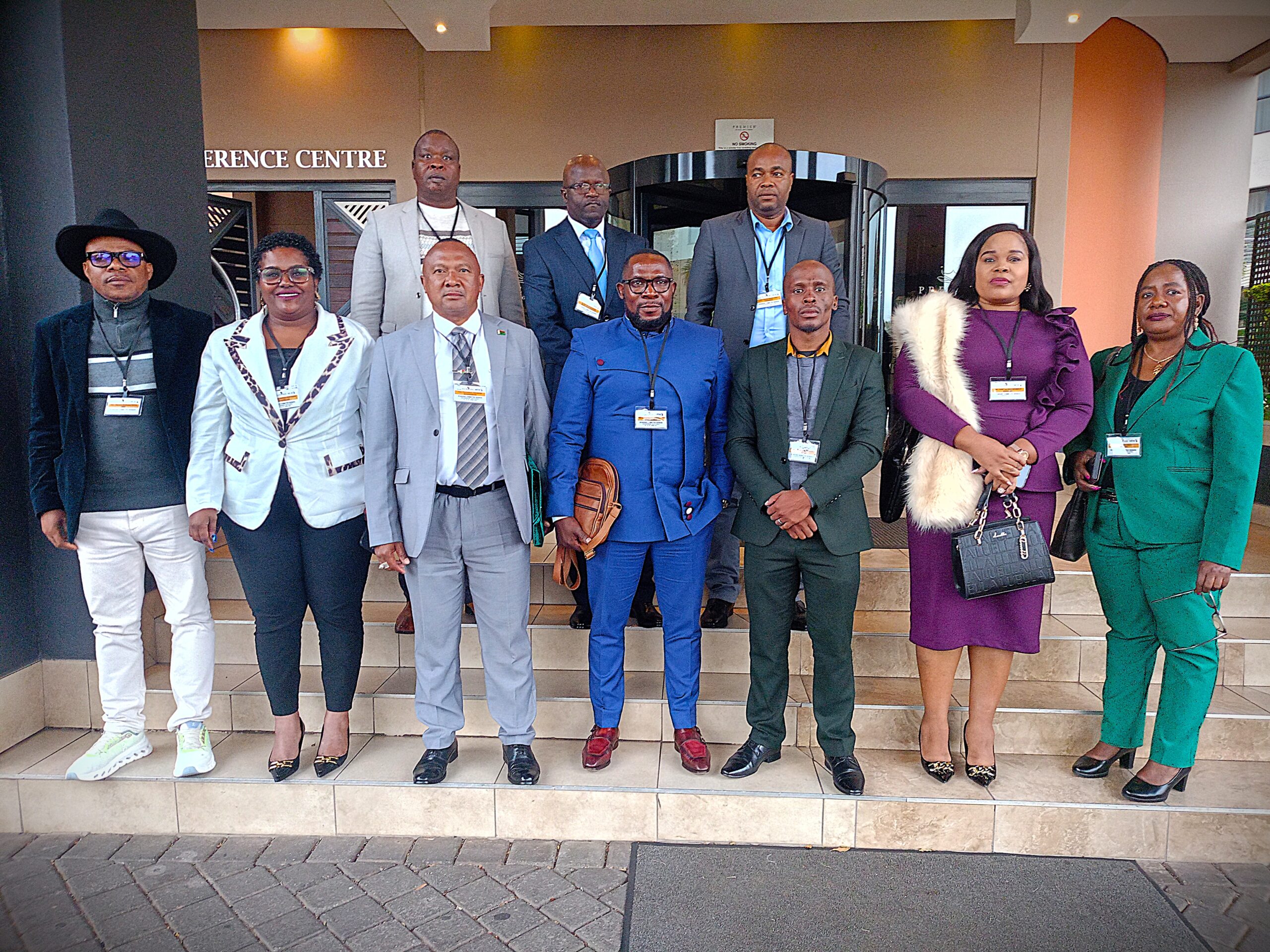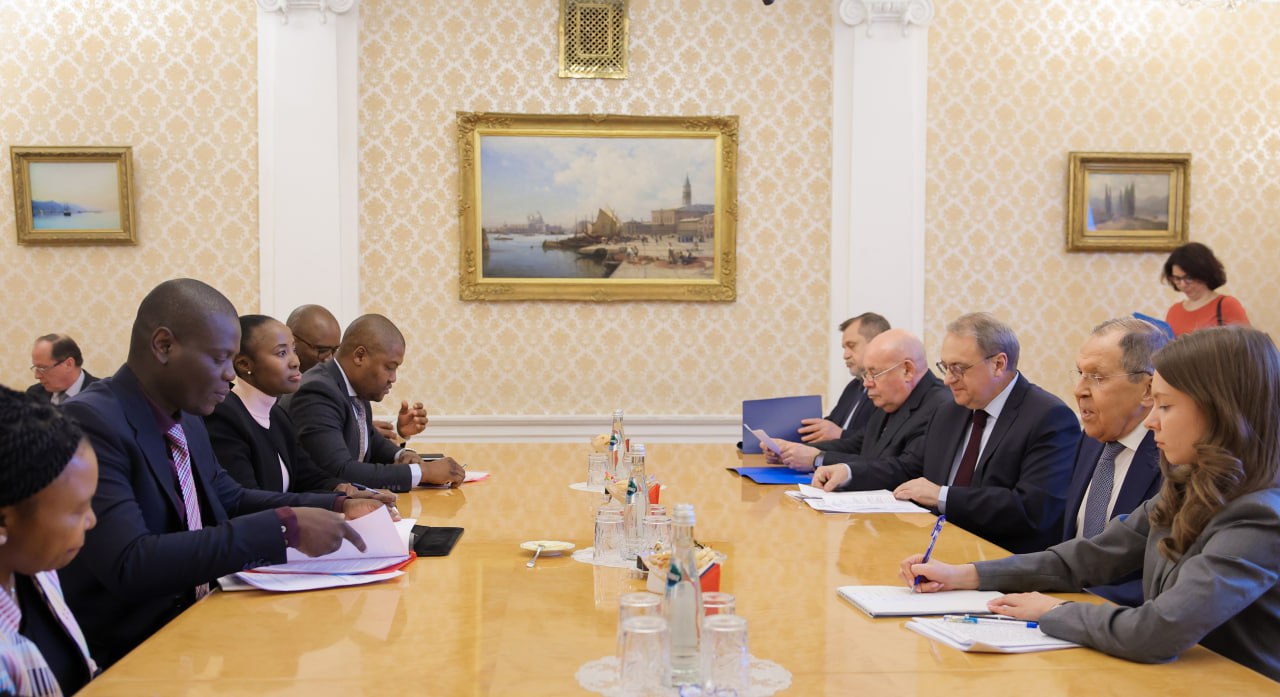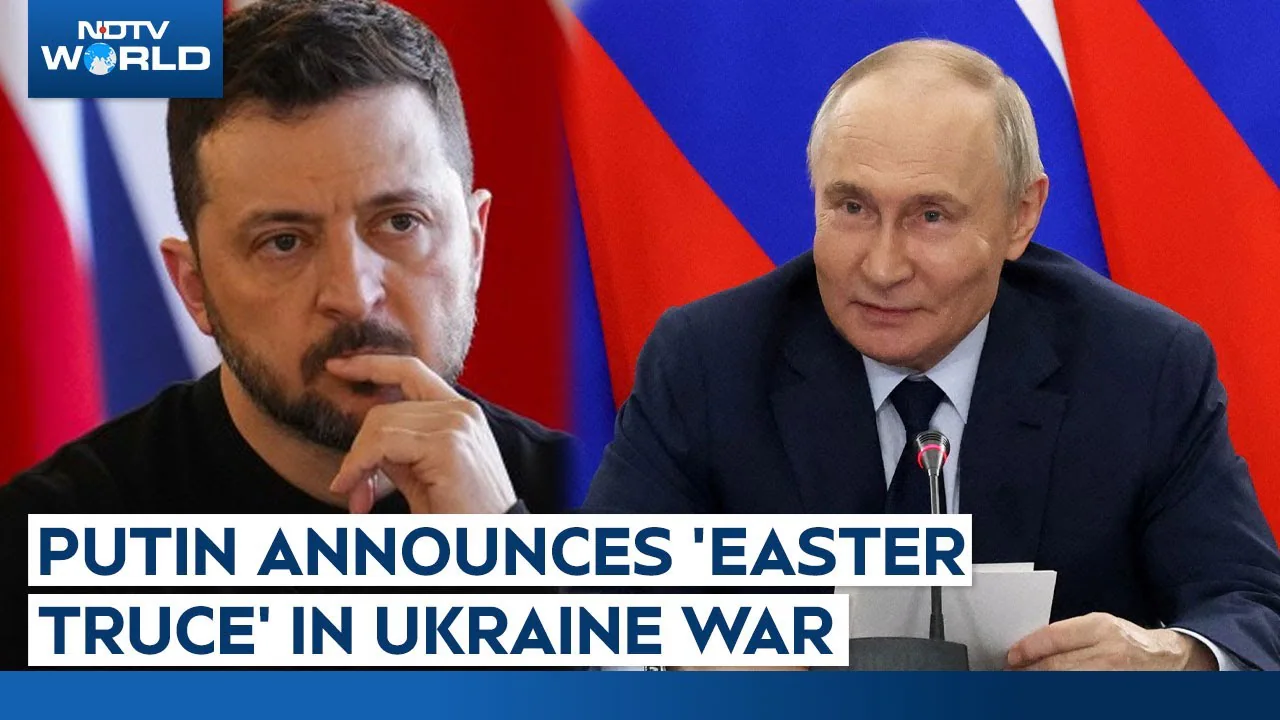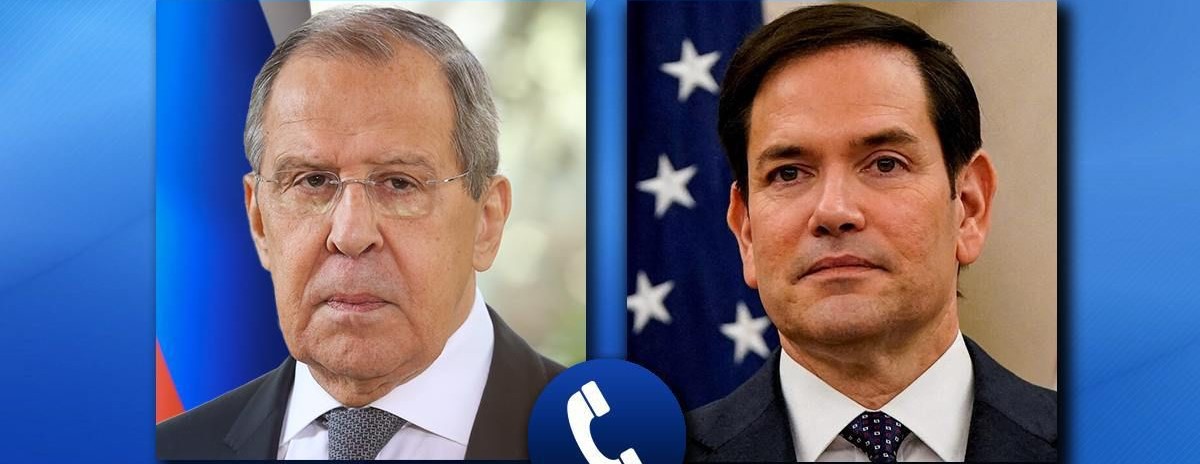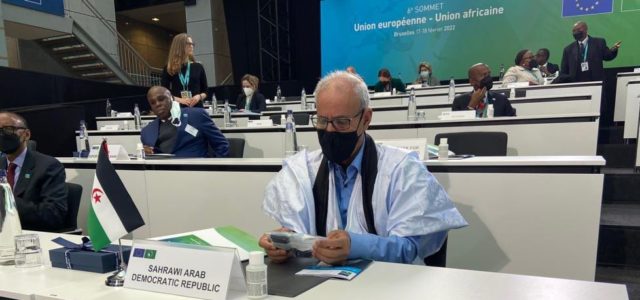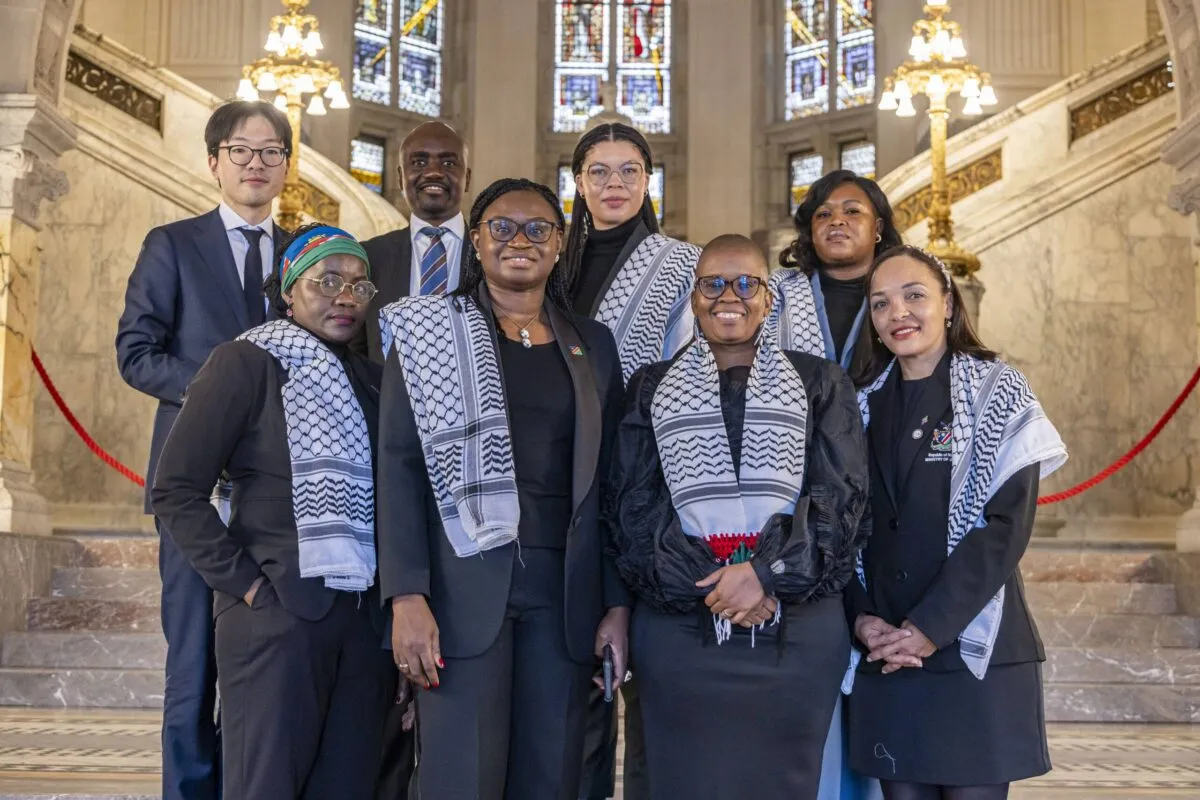
Burkina Faso, Mali and Niger have left ECOWAS to form their own Alliance of Sahel States (AES)
By Mafa Kwanisai Mafa & Arasiah Phiri
In recent years, West Africa has emerged as a beacon of hope in the fight against neo-colonialism and imperialist exploitation. The region’s rejection of French dominance, exemplified by popular uprisings and pro-people coups, offers valuable insights for Southern Africa, where former liberation movements are struggling to maintain relevance.
This article examines the growing anti-imperialist sentiment in West Africa, contrasts it with Southern Africa’s challenges, and explores the Pan-African strategies needed to reclaim Africa’s sovereignty and unity.

West Africa has long endured the vestiges of colonial exploitation, particularly from France. Neo-colonial systems like the CFA Franc, unequal trade agreements, and military interventions have kept many nations economically dependent and underdeveloped. However, a seismic shift is underway, driven by dissatisfaction with neo-colonial elites and the rise of revolutionary leadership.
Countries like Mali, Burkina Faso, and Niger have taken bold steps to dismantle imperialist structures. In Burkina Faso, leaders like Captain Ibrahim Traoré are following the legacy of Thomas Sankara by advocating for land redistribution and resource nationalization. Mali, under Colonel Assimi Goïta, has expelled French troops and sought partnerships with Russia to strengthen national security. Similarly, Niger’s recent coup reflects a growing determination to reject foreign domination.
Grassroots support has been instrumental in these transformations. Mass movements have amplified demands for sovereignty and policies that prioritize the well-being of citizens over foreign interests. Nationalization of critical resources, diversification of foreign partnerships with countries like Russia and China, and empowerment of local industries have become central to these nations’ agendas.
In contrast, Southern Africa’s former liberation movements are grappling with declining public trust. Parties like the African National Congress (ANC) in South Africa and ZANU-PF in Zimbabwe are increasingly seen as corrupt and disconnected from the people. Despite their historic role in the fight for independence, these movements have struggled to address persistent poverty, unemployment, and inequality.
Western-backed opposition parties, such as the Citizens Coalition for Change (CCC) in Zimbabwe, are gaining traction as alternatives to these discredited governments. However, many of these opposition parties perpetuate neo-liberal policies that align with Western interests rather than addressing the socio-economic needs of the majority.
The failure of Southern Africa’s liberation movements underscores the importance of revitalizing revolutionary principles. These governments must prioritize land reform, nationalize key resources, and engage citizens through participatory governance. Lessons from West Africa’s grassroots mobilization and pro-people policies can guide Southern Africa in restoring its liberation legacy.
Africa’s fight against imperialism cannot succeed without unity and strategic global alliances. Partnerships with nations like Russia and China offer viable alternatives to Western exploitation. Russia’s support for military training and security, particularly in Mali and Burkina Faso, has been pivotal in countering imperialist forces. Similarly, China’s investments in infrastructure, technology, and education provide opportunities for sustainable development.
Both Russia and China share Africa’s vision for a multi-polar world free from Western hegemony. These partnerships enable African nations to diversify their foreign relations and negotiate from a position of strength.
Pan-African unity is essential in this struggle. Economic integration through initiatives like the African Continental Free Trade Area (AfCFTA) can reduce dependency on Western markets. A united Africa can also strengthen its bargaining power in global forums and resist external interference.
Africa’s anti-imperialist movements resonate with global struggles for justice, particularly in Palestine and Cuba. The Palestinian cause mirrors Africa’s history of colonial oppression, and supporting Palestine reinforces the continent’s anti-imperialist ethos. Similarly, Cuba’s unwavering solidarity during Africa’s liberation struggles demands reciprocal support against the U.S. blockade.
To dismantle imperialism and achieve true independence, African nations must adopt pro-poor policies that prioritize healthcare, education, and job creation. Equitable exploitation of natural resources can fund these initiatives. Strengthening anti-imperialist alliances across political parties, trade unions, and civil society is also crucial.
Institutions like the African Union must be empowered to defend member states against external aggression. Additionally, integrating Pan-African education into curricula can inspire a new generation of leaders committed to the continent’s liberation.
West Africa’s anti-imperialist movements offer a powerful blueprint for reclaiming Africa’s sovereignty. By learning from these uprisings, Southern Africa can rejuvenate its liberation legacy and resist neo-colonial domination. A united Africa, in partnership with allies like Russia and China, has the potential to dismantle imperialism, support global struggles for justice, and pave the way for a future of independence and prosperity.

